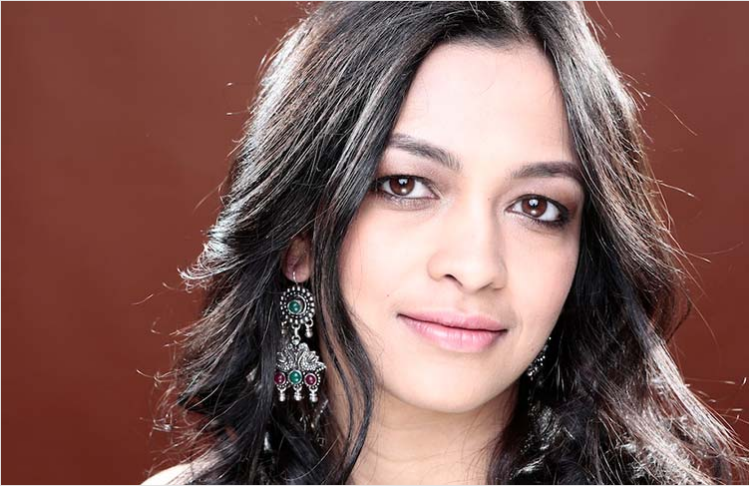Child Psychiatrist Dr. Ramya Mohan Has Created An Innovative DIY Music-Based Therapeutic Technique


Child psychiatrist Dr. Ramya Mohan has come up with a music-based, self-guided therapeutic technique in collaboration with the Bharatiya Vidya Bhavan, musicians, and linguists to support emotional processing and regulation. It will also help in recovering from illnesses and reinstate emotional and physical wellbeing.
Since 2008, she had been a senior consultant child and adolescent psychiatrist on the National Health Service, UK, but came back to India when she noticed the absence of board-certified child and adolescent psychiatrists in India.
“There is exam pressure, reconfigured families, hectic lifestyles, and quick access to unregulated dangers. There are less than a handful of board-certified child and adolescent psychiatrists in the Indian sub-continent, and hardly any organized community infrastructure for children and young people’s mental health,” Dr. Ramya said.
She realized that music and art gave her solace, the much-needed relief in the work-life balance. When she was working with UK’s National Health Service, she also, simultaneously, engaged with music, art, and drama therapists.
“I saw how creativity enhanced communication and personality development in children and young people and empowered them. Their mental health really seemed to benefit from music and art. It got me thinking about how the two very different worlds of science and the arts could be brought together meaningfully and in a standardized manner to support young brains better,” she explained.
Trained in Carnatic and Hindustani classical music, Dr. Ramya merged (neuro)science with music and created CAPE: Creative Arts for Processing Emotions’ in 2016, followed by CAPE: Youth, a version for young people in 2017. An innovative, self-guided therapeutic technique it helps in healing from mental illnesses and aids in personality development as well. In just two years, she has changed the lives of over 50 patients.
She created CAPE in collaboration with the Bharatiya Vidya Bhavan Centre, London and various Indian and British musicians and uses eastern and western music. CAPE is rather simple when it comes to its use as patients can adopt it at their own pace, anywhere they choose to be and does not need any lifestyle changes.
It works on the core principle that emotions and music have a profound effect on the human brain – the part of the brain that lights up when you are emotional does the same when you are listening to an engrossing music piece.
Cost-effective and easily disseminated, more than 50 patients have used it in the past two years. This therapy can help individuals control their emotions.
Dr. Ramya shared the motivating story of one of her patients, 18-year-old Aarya, who was suffering from clinical depression, anxiety, emotional lability, and maladaptive coping mechanisms to stress.
“She was unmotivated, tired, angry, worried, and upset when I started to support her with CAPE: Youth. At the same time, she was a pianist who dreamed of a career in music. She made CAPE an integral part of her life; her mental health has improved steadily and she saw improvements in all aspects of her life. Today, she is calmer, more resilient, and content, and has successfully obtained a scholarship to the renowned Berklee College of Music,” Dr Ramya said.
“CAPE can help with stress-related adjustment difficulties, anxiety, depression, post-traumatic stress and emotional regulation difficulties that can show up as self-harm/ aggression/ anger problems/ defiance /frustration by improving motivation, helping with self-esteem/ self-worth, confidence, and resilience,” she said.
Please share if you like
